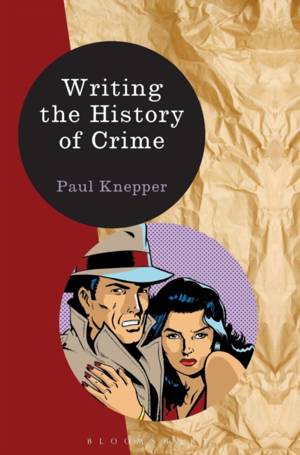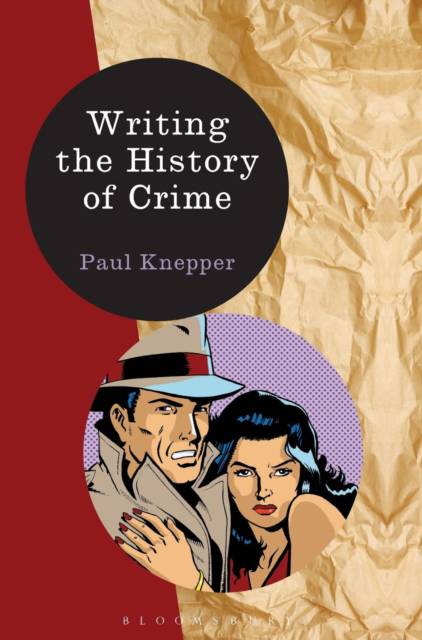
- Afhalen na 1 uur in een winkel met voorraad
- Gratis thuislevering in België vanaf € 30
- Ruim aanbod met 7 miljoen producten
- Afhalen na 1 uur in een winkel met voorraad
- Gratis thuislevering in België vanaf € 30
- Ruim aanbod met 7 miljoen producten
Zoeken
€ 322,45
+ 644 punten
Omschrijving
Writing the History of Crime investigates the development of historical writing on the subject of crime and its wider place in social and cultural history. It examines long-standing and emerging traditions in history writing, with separate chapters on legal and scientific approaches, as well as on urban, Marxist, gender and empire history. Each chapter then explores these historical approaches in relation to crime, paying particular attention to the relationship between theory and the interpretation of evidence.
Rather than a timeline for the historical appearance of ideas about crime or a catalogue of the range of topics that comprise the subject matter, Writing the History of Crime reveals the ideas behind crime as a subject of historical investigation; it looks at how these ideas generate questions that may be asked about the past and the way in which these questions are answered. This is a crucial analysis for anyone interested in the history of crime, the historiography of social history or the art of history writing more broadly.Specificaties
Betrokkenen
- Auteur(s):
- Uitgeverij:
Inhoud
- Aantal bladzijden:
- 248
- Taal:
- Engels
- Reeks:
Eigenschappen
- Productcode (EAN):
- 9781472518538
- Verschijningsdatum:
- 17/12/2015
- Uitvoering:
- Hardcover
- Formaat:
- Genaaid
- Afmetingen:
- 163 mm x 241 mm
- Gewicht:
- 521 g

Alleen bij Standaard Boekhandel
+ 644 punten op je klantenkaart van Standaard Boekhandel
Beoordelingen
We publiceren alleen reviews die voldoen aan de voorwaarden voor reviews. Bekijk onze voorwaarden voor reviews.







